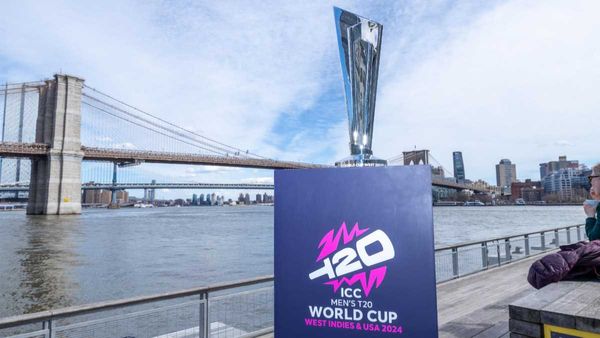Scarlett Johansson's $20M clash: Disney's dual release sparks fury
Scarlett Johansson sues Disney for Black Widow dual release, affecting her earnings. Claims breach of exclusive theatrical release agreement.

Scarlett Johansson (Source: Marca)
In a move that shook the foundations of Hollywood's release strategies, Scarlett Johansson, the luminary behind the blockbuster Black Widow, took legal action against the Walt Disney Company. Johansson's lawsuit centers on Disney's controversial decision to release 'Black Widow' simultaneously in theaters and on its streaming platform, Disney+, a move she claims breached her contract and impacted her salary, which was significantly tied to the movie's box office performance.
As the film industry grapples with the seismic shifts caused by the coronavirus pandemic, 'Black Widow's' release became a landmark case. Opening to a staggering $80 million in its first weekend, the film's performance rapidly declined, a trend attributed to its availability on Disney+. "Industry observers suggest that one reason attendance fell so quickly is that Disney had screened the film simultaneously on Disney+," highlighting the tension between traditional theatrical releases and the burgeoning model of digital streaming.
Johansson, both the star and executive producer of 'Black Widow,' alleged that her contract guaranteed an exclusive theatrical release, a clause critical for calculating her compensation. Her lawsuit, initially reported by The Wall Street Journal, underscores the growing concerns among actors and creators over the evolving landscape of film premieres and earnings in the digital age.
In response to Johansson's lawsuit, Disney remained unyielding, asserting that the dual release strategy did not violate any contractual agreements and, in fact, "has significantly enhanced her ability to earn additional compensation on top of the $20M she has received to date." This defense not only challenges Johansson's claims but also reflects the company's broader strategy to adapt its release methods amidst ongoing pandemic challenges.
The legal dispute between Johansson and Disney brings to light the broader implications for Hollywood's future. While some studios, like WarnerMedia, have taken steps to renegotiate talent contracts to accommodate simultaneous streaming and theatrical releases, Johansson's case reveals the potential for conflict when such adjustments are not mutually agreed upon.
Scarlett Johansson's lawsuit against Disney is more than a contractual dispute; it's a pivotal moment in the film industry's ongoing adaptation to a digital-first world. As Hollywood continues to navigate the uncertain terrain of post-pandemic recovery, the outcome of this legal battle may set a precedent for how studios and talent collaborate in the era of streaming services.
This case not only highlights the challenges faced by artists and creators in securing fair compensation but also signals a critical reevaluation of what the movie-going experience will entail in the future. As we look back on this moment, it's clear that Black Widow's saga is not merely about a movie release but the evolving dynamics of power, profit, and creative integrity in Hollywood.
(Several parts of the text in this article, including the title, were generated with the help of an AI tool.)







